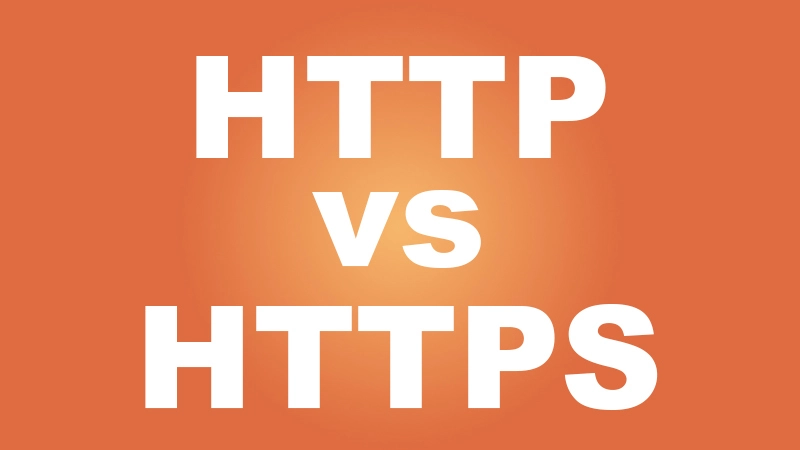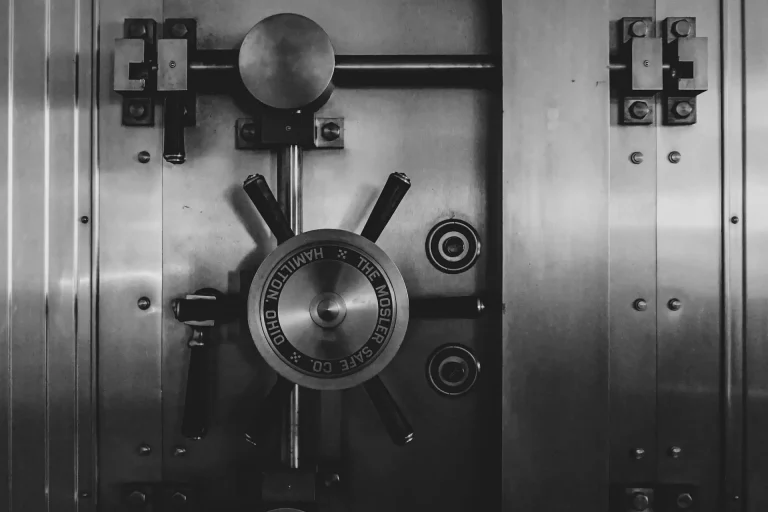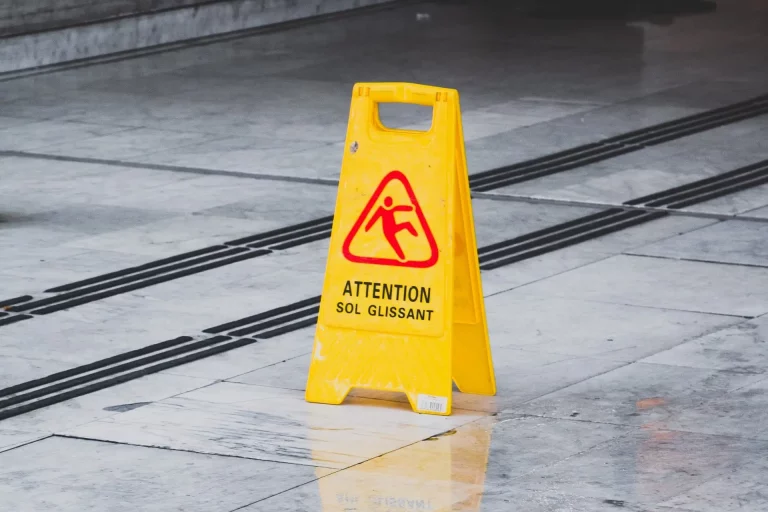HTTPS: Essential for Securing and Optimizing Your WordPress Site
Cybersecurity and digital trust are top priorities for every organization today. As the risks of data theft and cyberattacks grow, relying on the HTTP protocol is no longer enough. Adopting HTTPS isn’t just a technical upgrade—it’s a necessity to protect, build credibility, and enhance the value of your WordPress site.
What’s the Difference Between HTTP and HTTPS for WordPress?

Understanding the key differences between HTTP and HTTPS is crucial to recognizing why this upgrade is so important.
- HTTP (HyperText Transfer Protocol) is a protocol that transfers data without encryption. Any information exchanged, like login credentials or form submissions, is sent in plain text, making it easy for anyone to intercept—like a postcard that anyone can read.
- HTTPS (HyperText Transfer Protocol Secure), on the other hand, encrypts all data exchanges using an SSL/TLS certificate. Think of this technology as sealing your data in an envelope, ensuring privacy and security.
What is an SSL Certificate?
An SSL (Secure Sockets Layer) certificate is a digital file installed on your server. It verifies your site’s authenticity and creates an encrypted connection between the browser and the server. For WordPress, installing an SSL certificate is a must to secure transactions, passwords, and personal information.
SSL/TLS Concept Explained:
- HTTP = Open postcard
- HTTPS = Sealed and secure envelope
How Does HTTPS Protect Data on My WordPress Site?

Switching your WordPress site to HTTPS is the most effective way to protect data exchanges. This is achieved through the SSL protocol.
Risks of Not Using HTTPS:
- Data interception: Vulnerability to “man-in-the-middle” attacks
- Sensitive data theft: Login credentials, emails, personal, and financial information
Whenever a visitor submits information on an unsecured form, their data is at risk. With HTTPS, this risk disappears—data is encrypted and unreadable to malicious actors.
Meeting Legal Requirements
In regions like Canada (Quebec) and Europe (GDPR, Law 25), securing personal data is now mandatory. By adopting HTTPS, you not only protect your users but also ensure your site complies with legal regulations.
How Does HTTPS Build Trust and Improve Conversions?

The padlock icon in the browser’s address bar is more than a symbol—it instantly reassures visitors that your site is secure.
- The significance of the padlock: It confirms your site uses HTTPS and that all exchanged information is safe from interception.
- More than 80% of users leave a site when they see a “Not Secure” warning. Earning visitors’ trust relies directly on displaying this padlock.
By creating a sense of security, you encourage visitors to interact, submit forms, and complete transactions, significantly boosting your conversion rates.
Does HTTPS Improve Google Rankings for WordPress Sites?

Google officially considers HTTPS a ranking factor for websites.
- Better indexing: Google prioritizes secure sites in its search results.
- Fewer warnings: Sites still using HTTP display warning messages in most browsers, damaging their reputation and ranking.
- Enhanced performance: The HTTP/2 protocol (exclusive to HTTPS) enables faster loading times and improved user experience—both key SEO factors.
Proven Results:
- Improved SEO rankings
- Increased click-through rates
- Greater return on marketing investment
Conclusion
Switching to HTTPS for your WordPress site isn’t just a technical upgrade—it’s a standard for security, a legal requirement, and a powerful business advantage. It protects your visitors, enhances your brand image, drives conversions, and boosts your visibility on Google.
To ensure your site’s security, it’s crucial to verify that your site is fully in HTTPS, maintain an up-to-date SSL certificate, and renew any expired certificates. If your site still has HTTP pages or displays a “Not Secure” warning, it’s time to take action. Activating HTTPS and setting up automatic redirections will secure all your content and user data.
Ready to Secure Your WordPress Site?
Our team SatelliteWP is here to help with SSL certificate installation, configuration, HTTPS activation, secure migration, and SSL certificate renewal. We also perform personalized WordPress security audits to ensure your site complies with best practices and stays protected for the long term.
Contact us today to benefit from our proven expertise and give your visitors a WordPress site that is reliable, high-performing, and secure.






